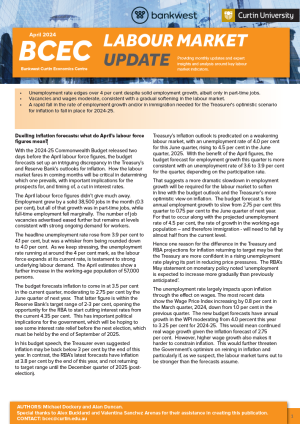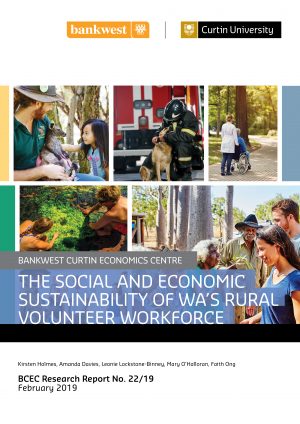The social and economic sustainability of WA’s rural volunteer workforce
Volunteering is critical to the survival and success of rural communities in Western Australia (WA). The past two decades have seen an increase in the community services delivered by volunteers and demand on the volunteer workforce has intensified. Yet, according to data collected by the Australian Bureau of Statistics (ABS) over the same period there has been a decline in volunteer participation across Australia, resulting in a shortage of volunteer labour.
This research identifies how rural communities in WA are addressing the challenges of recruiting and retaining volunteers at a time of unprecedented demographic change and increasing pressure on the rural volunteer workforce. We identified the critical role of volunteering in creating a sense of community wellbeing and delivering essential services in rural areas. We also present the strategies volunteers and voluntary organisations are using to sustain the rural volunteer workforce.
Our findings confirmed the importance of rural volunteering in WA, with a very high level of participation across the state’s rural communities. We identified particular problems including structural population ageing, a reliance on key individuals to take on multiple volunteering roles; pressure from increased accountability and regulation; and rural organisations being governed from metropolitan headquarters with little apparent consideration for differences in rural service provision.







